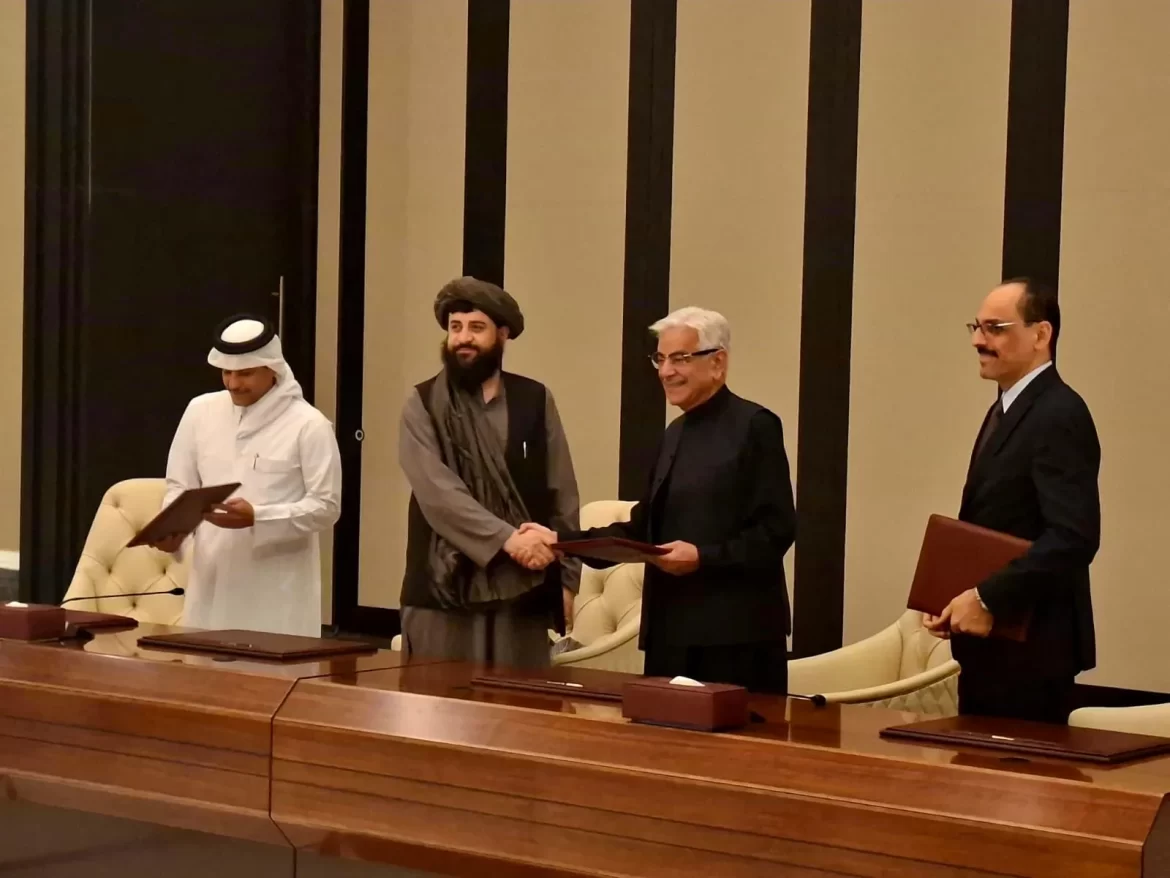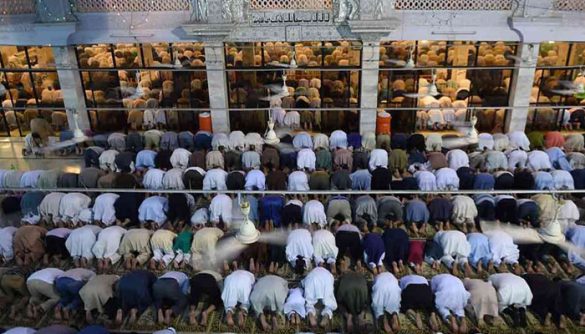Saudi Arabia has welcomed the ceasefire agreement signed between Pakistan and Afghanistan on Sunday, calling it a “vital step” toward lasting peace between the two neighbouring countries. The truce, brokered in Doha with mediation from Qatar and Turkey, comes after a week of intense border clashes that caused dozens of casualties and disrupted communities.
In a statement posted on X, the Saudi Foreign Ministry reaffirmed Riyadh’s support for regional and international efforts to promote stability. “The Kingdom hopes that this positive step will lead to an end to tensions on the border between the two countries,” the ministry said, describing Pakistan and Afghanistan as “brotherly peoples.”
Agreement Details and Future Talks
The ceasefire was confirmed by Pakistan’s Defence Minister Khawaja Muhammad Asif and a spokesperson for the Afghan government. Both sides have agreed to refrain from hostilities and work toward mechanisms for lasting peace.
Minister Asif said on X that delegations from Pakistan and Afghanistan will meet again in Istanbul on October 25, where “detailed matters will be discussed” to ensure the truce is implemented effectively.
#Statement | The Foreign Ministry expresses the Kingdom of Saudi Arabia’s welcome of the signing by the Islamic Republic of Pakistan and Afghanistan of an immediate ceasefire and the establishment of mechanisms to consolidate lasting peace and stability between the two countries,… pic.twitter.com/Om4pxSCS55
— Foreign Ministry 🇸🇦 (@KSAmofaEN) October 19, 2025
Earlier in the week, the two countries had agreed to a 48-hour ceasefire, which was extended on Friday before being formalized in the signed pact on Sunday.
Read: Why Afghanistan and Pakistan Are Fighting: Understanding the Border Tensions
Background: Escalation and Border Tensions
The ceasefire follows the worst violence along the Pakistan-Afghanistan border since the Taliban took control of Kabul in 2021. Cross-border strikes and exchanges of fire killed dozens and injured many more, disrupting border trade, refugee flows, and civilian life.
The fighting was triggered after Islamabad demanded that Kabul rein in militant groups carrying out attacks in Pakistan from Afghan territory. The Taliban has denied sheltering militants and has accused Pakistan of spreading misinformation and supporting Islamic State-linked groups to destabilize Afghanistan. Pakistan rejects these claims.
The truce aims to halt hostilities along the 2,600-kilometre (1,600-mile) frontier and pave the way for sustained peace and cooperation between the two neighbours.















